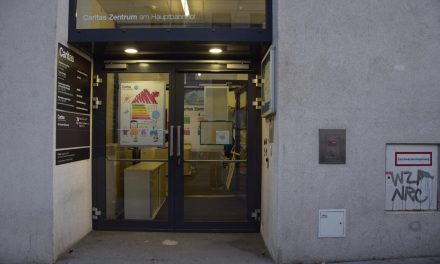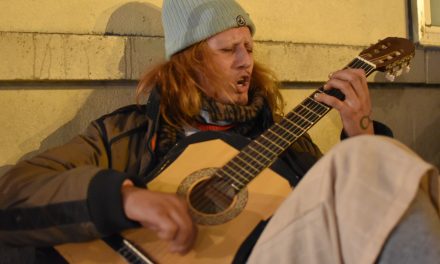As democratic norms weaken in the United States, their echoes are being felt across Europe. In the radio report “America’s Democratic erosion,” you can hear political scientists Jack Thompson and Joep van Lit about how democracies change from within. Listen to the report below:
To broaden the view beyond American borders, Suzanne Borsboom also spoke with member of the European Parliament Anna Strolenberg, who offered valuable insights into the European dimension of autocracy. You can read the article below:
When Donald Trump first shouted, “Make America Great Again,” few expected that slogan would echo in the halls of the European Parliament years later. But according to Anna Strolenberg, Member of the European Parliament for Volt, ‘Trump’s rhetoric is becoming more popular here too. ‘You can hear it in the way some European leaders talk.’
Strolenberg, who has been in the European Parliament for a year and a half, has noticed a clear change in tone. When she first arrived, colleagues warned her this legislative period would be different. ‘And they were right’, she says. ‘There’s much more tension now; shouting during debates and personal attacks.’
For her, the growing polarisation mirrors developments in the United States. After Trump’s MAGA campaign, Hungarian Prime Minister Viktor Orbán launched his own version: Make Europe Great Again. Strolenberg recalls seeing members of Parliament wearing those caps. ‘Orbán looked at what worked for Trump.’
Hungary as a warning sign
While the United States sets the tone, Hungary demonstrates how democratic norms can quietly erode in Europa. Under Orbán, Hungary’s institutions have been systematically reshaped. Strolenberg points to restrictions on LGBTQ rights, pressure on teachers, and laws that target NGOs receiving foreign funding. Electoral districts have been redrawn in ways that favour Orbán’s ruling Fidesz party. ‘It’s becoming almost impossible for the opposition to win’, she says. ‘That’s not democracy anymore.’
Orbán, once considered the exception, is no longer alone. ‘Leaders like Geert Wilders and Giorgia Meloni visit Orbán, appear at the same conferences, and reinforce each other. Radical conservatism is no longer at the margins, it’s part of the European mainstream.”
Europe’s hesitation
Within the European Union, the growing concern over democratic backsliding has not yet translated into decisive action. Strolenberg explains that many in Parliament want the European Commission to withhold funding from governments that undermine the rule of law. ‘But the Commission hesitates’, she says. ‘They’re afraid of creating deeper divides among member states. Meanwhile, the damage continues.’
For Strolenberg, Europe’s democratic challenges cannot be separated from the example set by the United States. ‘And when a superpower like the U.S. normalises that behaviour, it gives others permission to do the same.’ Despite her concerns, Strolenberg believes there is still room for optimism. Democracies, she argues, rarely collapse overnight. ‘It happens gradually, step by step, rule by rule’, she says.




